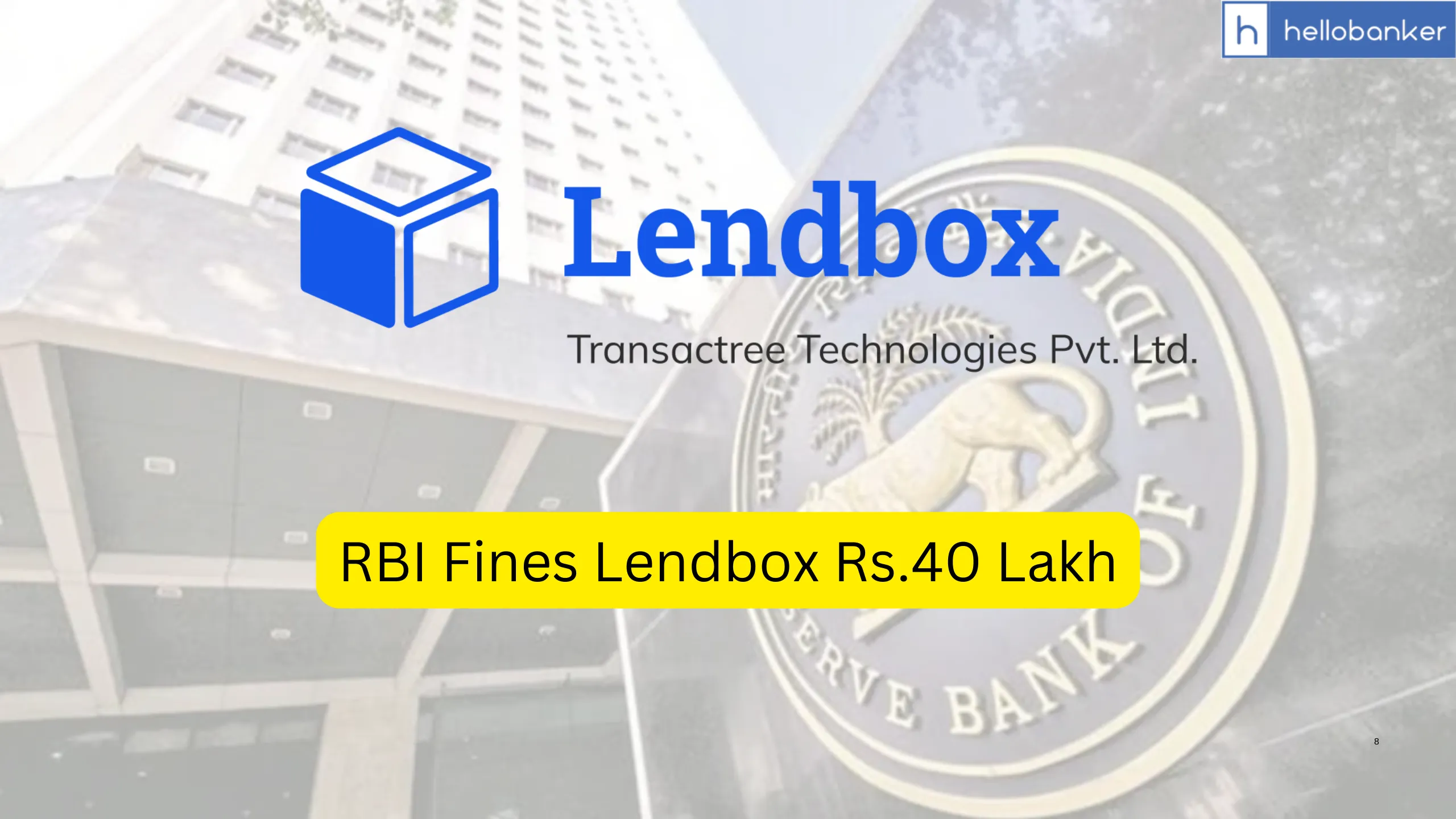The Reserve Bank of India (RBI) has imposed a monetary penalty of ₹40 lakh on Transactree Technologies Private Limited, better known as Lendbox, for not following specific rules related to peer-to-peer (P2P) lending. The fine was announced in an official RBI order dated May 23, 2025.
What Lendbox Did Wrong
Lendbox operates as a P2P lending platform, where individuals can lend and borrow money directly through an online system. These platforms are regulated by the RBI under specific guidelines called the “Non-Banking Financial Company – Peer to Peer Lending Platform Directions, 2017.”
During an inspection in September 2023, RBI found several violations of these rules by Lendbox. After reviewing the company’s responses and holding a personal hearing, the central bank confirmed that Lendbox had:
- Used an unauthorized route: The company transferred loan amounts and collections through a co-lending escrow account, which is against the RBI’s approved method for handling funds on P2P platforms.
- Lacked transparency with lenders: Lendbox failed to properly disclose the credit risk and profile of borrowers to those lending money on the platform.
- Bypassed lender approval: The company disbursed loans to borrowers without getting specific consent from individual lenders for those transactions.
RBI’s Stand
The RBI clarified that the penalty was imposed due to regulatory compliance issues, and not because of any problem with the company’s actual transactions with customers. The action is meant to ensure that P2P lending platforms follow rules that protect both lenders and borrowers.
RBI used its legal authority under Section 58G and 58B of the RBI Act, 1934 to take this action. The central bank also noted that this penalty does not prevent further action that it may take against Lendbox in the future, if necessary.
This highlights RBI’s strict approach towards regulating fintech and digital lending platforms, especially in the fast-growing peer-to-peer lending space. By penalizing non-compliance, the RBI aims to ensure transparency, accountability, and safety for all participants in the financial ecosystem—particularly retail investors and borrowers using digital platforms.
